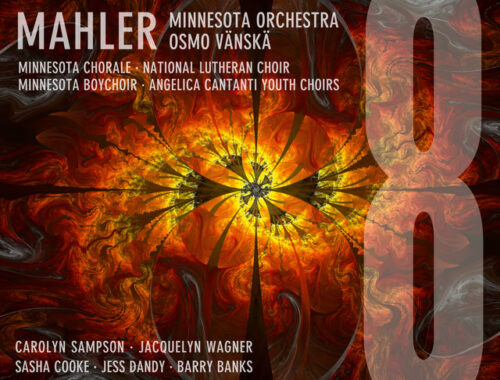TUESDAY 30TH MARCH 2010 PHILHARMONIA ORCHESTRA/ MUTI
Royal Festival Hall
You always know when Riccardi Muti is in town: the Philharmonia Orchestra is celebrating another birthday. It’s now of pensionable age – 65 – and in fine fettle though this all-Beethoven celebration had a curious air of the bygone and yesteryear about it. We don’t hear many Beethoven performances nowadays that revel in the airs and graces of Muti’s suavely aristocratic but also portentous account of the Third Symphony “Eroica”. This was Muti as hero – the hero’s return, you might say – and it was exactly the kind of performance he might have given, albeit mellowed and matured now, back in 1972-1982 during his momentous decade at the helm of the orchestra.
The trouble is that the world has moved on and our exploration of period performance practice has sharpened perceptions to such a degree that this kind of overly comfortable, self-satisfied reading is no longer challenging. It’s like listening to your favourite old recording over and over again secure in the knowledge that you know precisely what’s coming. Which is not to say that there were no surprises in Muti’s account, just that they were all so cosmetically applied. Until the exultant final pages – horns in brazen overdrive – this performance (the first movement especially) lacked momentum and what can only be described as a defiance of spirit. It was in no sense “revolutionary” but rather triumphantly self-serving.
Of course, there were beautiful details, most in the second movement funeral march where the string basses’ interjections at the start were rendered a mournful cantabile in dedication to the long-serving Principal, Gerald Drucker, who died a few days before. Indeed the great fugal centre of the movement, basses striding magnificently, was a mighty tribute.
But the evening’s real star was Joshua Bell whose account of the Violin Concerto was full of those fresh, in-the-moment “discoveries”, forever searching for expressive new horizons. The shape and purpose of everything – not least the ever-demanding passage-work – spoke of real artistry. Muti, too, provided elegant, exemplary, support whether highlighting the playful interaction with bassoons or laying down a deeply mysterious string bass resonance while Bell trilled high above among the angels. The bravura of the cadenza (his own?) led us into the most extraordinary return, hushed and expectant as if already scenting the loftiness of the slow movement.
And that was exquisite – a fine ribbon of sound accompanying the opening summons in horns and preparing a “reveal” of the main theme as becalmed as it was reassuring.
You May Also Like

GRAMOPHONE Review: Mahler Symphony No 8 Minnesota Orchestra/Vänskä
07/03/2024
GRAMOPHONE: From Where I Sit – December 2019
01/01/2020